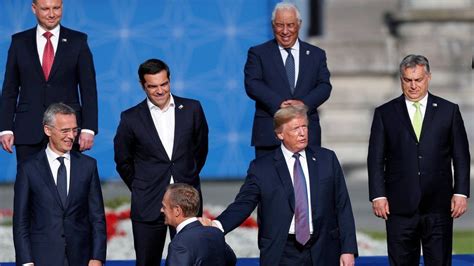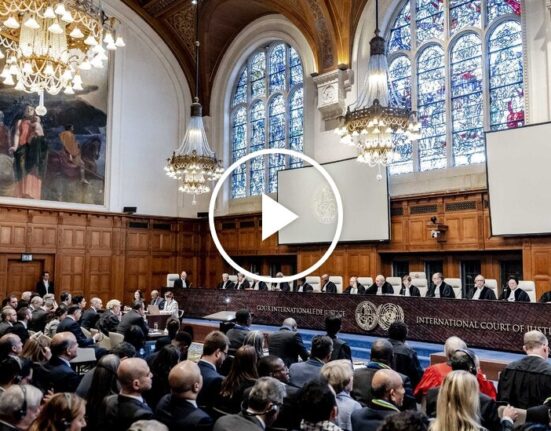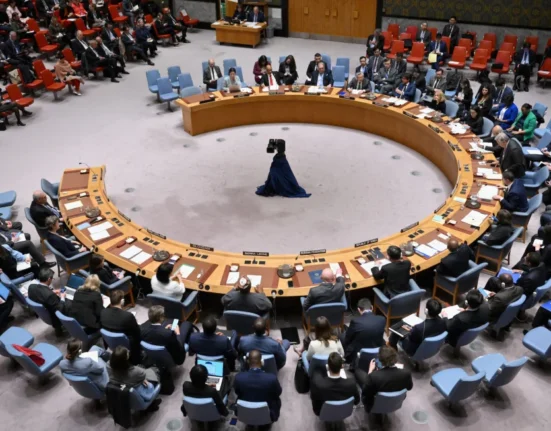Amid the industrial challenges facing Europe, there is a glimmer of hope on the horizon as Donald Trump pledges to flood Europe with gas. The President-elect’s bold statements about liberating American energy have sparked enthusiasm among European officials eager to reduce their reliance on Russian energy sources.
Expert Insight:
“In this context, more American gas can only be beneficial,” says Joseph Majkut from the Center for Strategic and International Studies.
While Trump’s rhetoric is laced with promises of abundant energy supply, the path from promise to reality is fraught with challenges. The dynamics of international trade agreements and market forces may overshadow immediate export boosts.
A Diplomat’s Caution:
“We must be cautious not to create another dependency after Russia,” warns an anonymous European diplomat.
As industry leaders eagerly await tangible outcomes, there is a palpable sense of uncertainty surrounding Trump’s ability to significantly impact short-term gas exports. Despite these uncertainties, both Washington and Brussels display a political will to increase bilateral gas trade.
The upcoming flurry of executive orders aimed at energizing production signals a potential shift in global energy dynamics. With Joe Biden’s legacy restrictions on new LNG projects set for review, the stage is now set for significant changes in America’s energy landscape.
Policy Priority:
Chris Wright emphasizes that expanding LNG production is vital for global competitiveness.
Tracing back to Russia’s disruption of gas supplies post-Ukraine invasion in 2022, the U.S. has emerged as a prominent player in EU gas imports since then. This newfound role has positioned America as a critical partner in diversifying Europe’s energy portfolio away from Russian dominance.
Trump’s ambitious plans to ramp up fossil fuel production could potentially alleviate cost burdens faced by European industries struggling with high energy prices.
Industry Impact:
Nicolai Romanowski highlights how high-energy costs challenge European industrial competitiveness.
Although increased American gas imports offer respite from Russian dependencies, questions linger about market influences and long-term sustainability. The current shift towards profitability-driven practices within the fossil fuel sector underscores the complex interplay between economic realities and political ambitions.
The discourse around potential tariffs on EU imports further complicates transatlantic relations around energy trade agreements.
In light of climate commitments and concerns over energy security, skepticism remains regarding whether increased U.S. gas imports align with Europe’s decarbonization goals.
Diplomatic Concerns:
A European diplomat notes apprehensions about deepening ties with less predictable transatlantic partners like Trump’s America.
Navigating through geopolitical uncertainties while balancing economic interests underscores the intricate dance between politics and pragmatism in shaping international energy landscapes.









Leave feedback about this